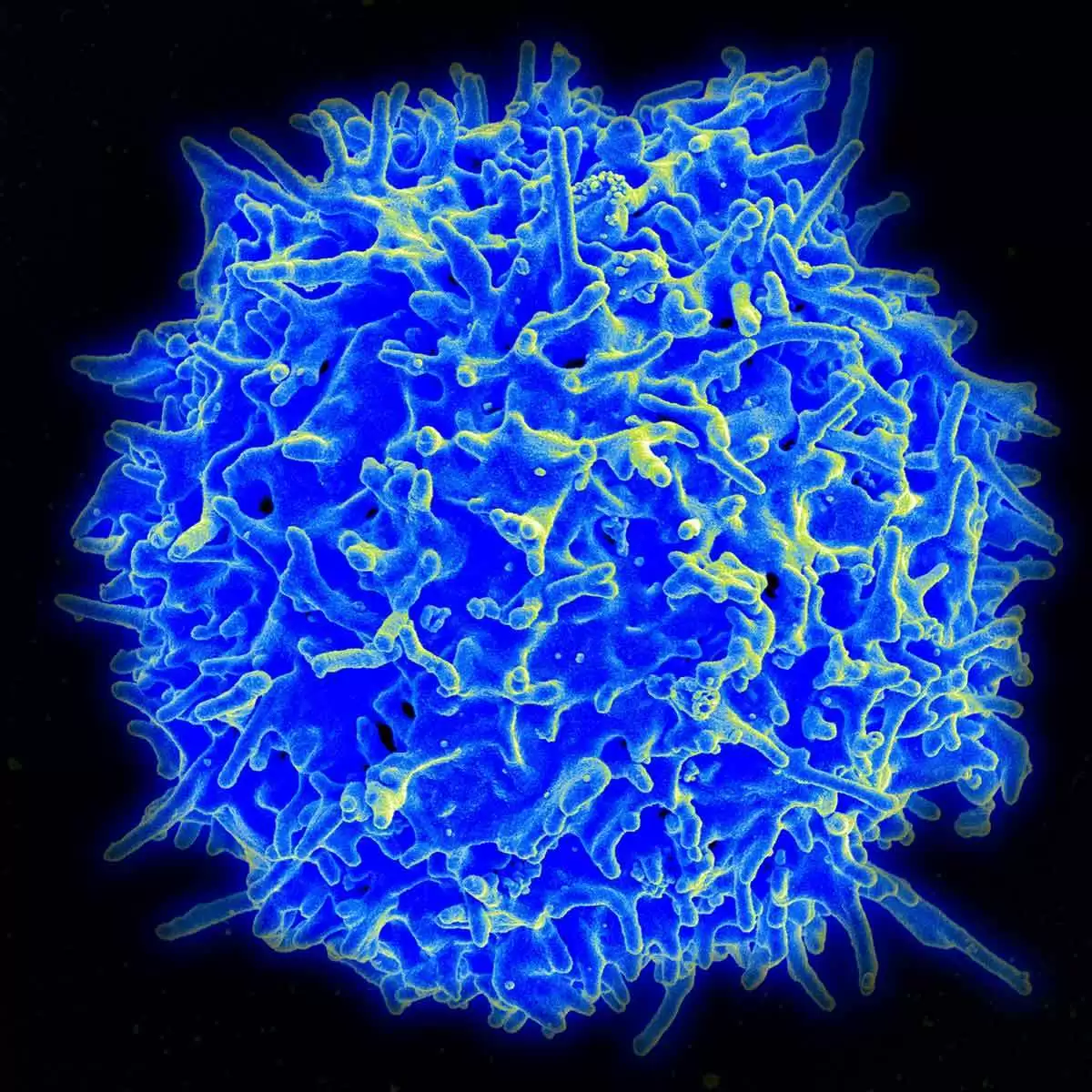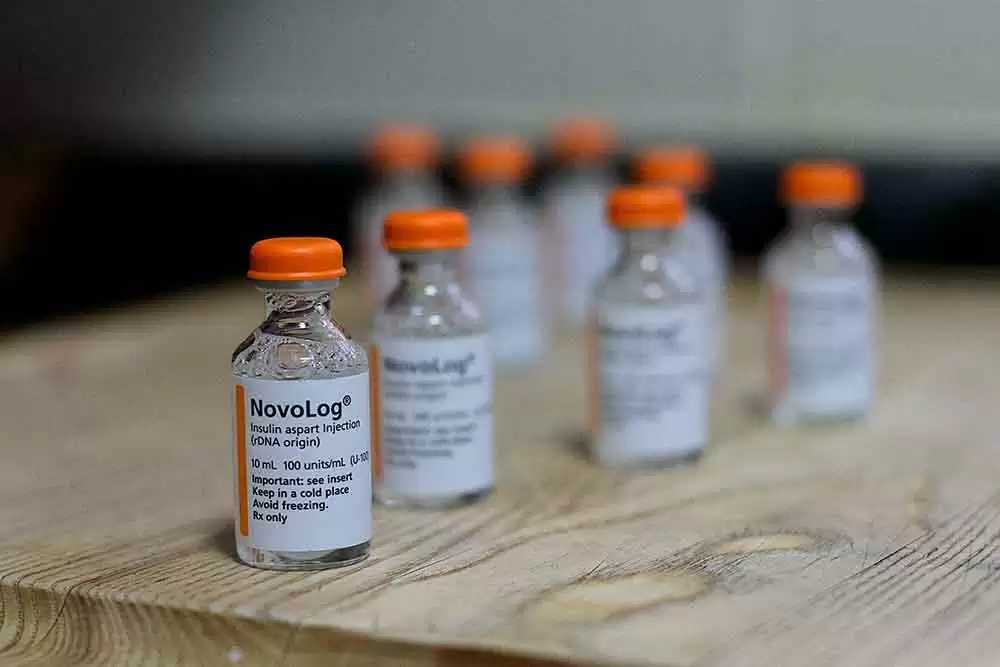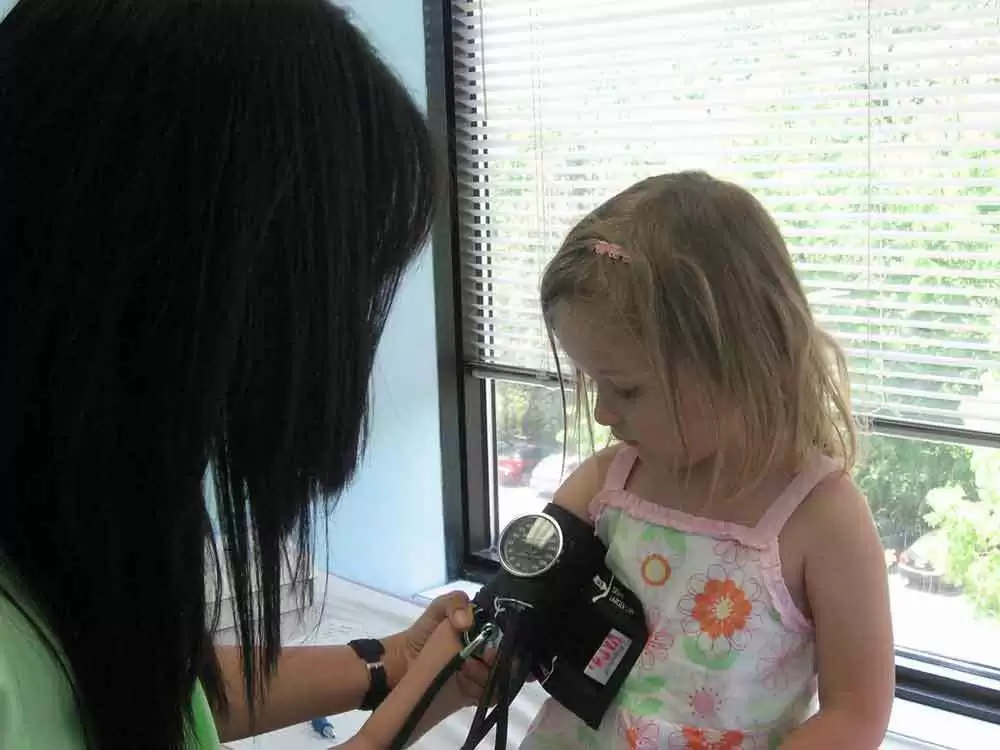
Celiac.com 09/06/2021 - Antibodies specific for peptides bound to human leukocyte antigen (HLA) molecules are valuable tools for studies of antigen presentation, and may have therapeutic potential. Human T cell receptor (TCR)–like antibodies that block immunodominant epitope recognition have potential as personalized medicine treatments for blunting gluten-activated T cell responses without compromising effector functions provided by other T cells.
A team of researchers recently set out to generate human T cell receptor (TCR)–like antibodies toward the immunodominant signature gluten epitope DQ2.5-glia-α2 in celiac disease (CeD).
Celiac.com Sponsor (A12):
Consuming gluten in food triggers the gastrointestinal symptoms of celiac disease in patients with CD4+ T cells specific for deamidated gluten peptides presented by disease-associated HLA-DQ class II MHC molecules. Frick and colleagues used phage display technology to look for TCR-like antibodies specific for an immunodominant gluten peptide bound by HLA-DQ2.5.
By using phage display selection combined with secondary targeted engineering, the team was able to obtain highly specific antibodies with picomolar affinity. The team's antibody engineering improved affinity and binding stability, producing a superior TCR-like antibody that structurally mimicked the TCR interface with gluten peptide–MHC complexes. These TCR-like antibodies prevented triggering and expansion of gluten-responsive human CD4+ T cells both in vitro and in DQ2.5 transgenic mice.
The binding geometry and interaction mode of the crystal structure of a Fab fragment of the lead antibody 3.C11 in complex with HLA-DQ2.5:DQ2.5-glia-α2 were very similar to prototypic TCRs specific for the same complex.
Evaluation of celiac biopsy material confirmed celiac specificity and supports the idea that plentiful plasma cells present antigen in the inflamed gut of a celiac patient.
Moreover, 3.C11 specifically blocked activation and proliferation of gluten-specific CD4+ T cells in vitro and in HLA-DQ2.5 humanized mice, suggesting that celiac disease mechanisms can potentially be blocked without weakening patient immunity.
Read more in Science Immunology
The research team included Rahel Frick, Lene S. Høydahl, Jan Petersen, M. Fleur du Pré, Shraddha Kumari, Grete Berntsen, Alisa E. Dewan, Jeliazko R. Jeliazkov, Kristin S. Gunnarsen, Terje Frigstad, Erik S. Vik, Carmen Llerena, Knut E.A. Lundin, Sheraz Yaqub, Jørgen Jahnsen, Jeffrey J. Gray, Jamie Rossjohn, Ludvig M. Sollid, Inger Sandlie and Geir Åge Løset. They are variously affiliated with the Centre for Immune Regulation and Department of Immunology, University of Oslo and Oslo University Hospital-Rikshospitalet, Oslo, Norway; the Centre for Immune Regulation and Department of Biosciences, University of Oslo, Oslo, Norway; the KG Jebsen Coeliac Disease Research Centre, University of Oslo, Oslo, Norway; the Infection and Immunity Program, Department of Biochemistry and Molecular Biology, Biomedicine Discovery Institute, Monash University, Clayton, Victoria, Australia; the Australian Research Council Centre of Excellence for Advanced Molecular Imaging, Monash University, Clayton, Victoria, Australia; Nextera AS, Oslo, Norway; the Program in Molecular Biophysics, Johns Hopkins University, Baltimore, MD, USA; the Department of Gastroenterology, Oslo University Hospital-Rikshospitalet, Oslo, Norway; the Department of Gastrointestinal Surgery, Oslo University Hospital-Rikshospitalet, Oslo, Norway; the Institute of Clinical Medicine, University of Oslo, Oslo, Norway; the Department of Gastroenterology, Akershus University Hospital, Lørenskog, Norway; the Department of Chemical and Biomolecular Engineering and Institute of NanoBioTechnology, Johns Hopkins University, Baltimore, MD, USA; the Sidney Kimmel Comprehensive Cancer Center, Johns Hopkins School of Medicine, Baltimore, MD, USA; and the Institute of Infection and Immunity, Cardiff University School of Medicine, Heath Park, Cardiff, UK.








Recommended Comments
Create an account or sign in to comment
You need to be a member in order to leave a comment
Create an account
Sign up for a new account in our community. It's easy!
Register a new accountSign in
Already have an account? Sign in here.
Sign In Now